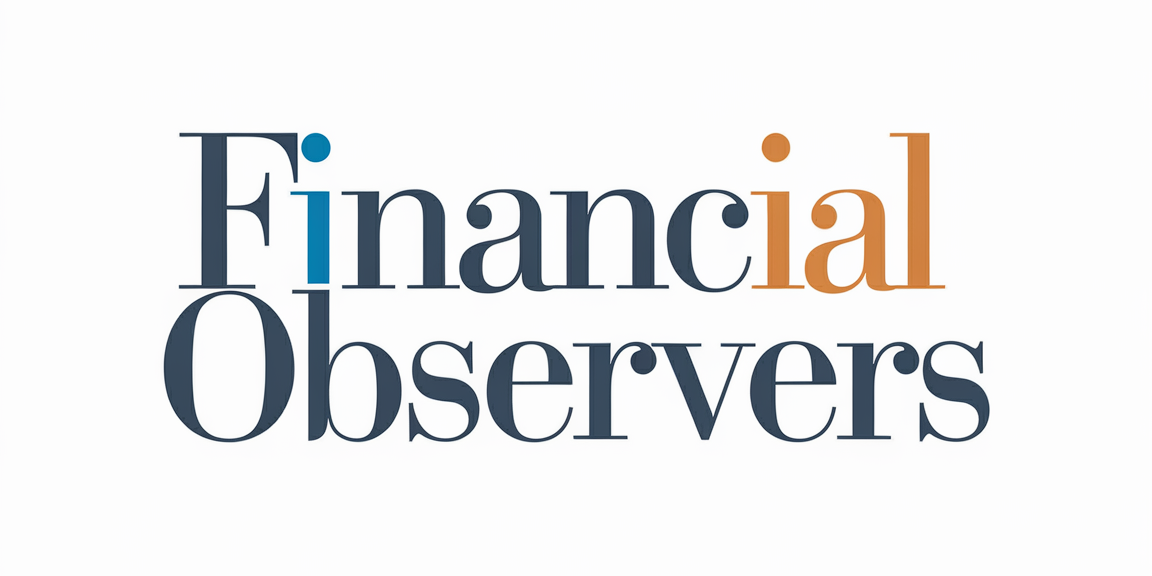Insurance isn’t the most exciting topic, but it’s one of the smartest ways to protect your finances, family, and future. Whether it’s covering medical bills, safeguarding your home, or ensuring your loved ones are financially secure, the right insurance policies can prevent financial disasters. The challenge is knowing which types of insurance you actually need and which ones you can skip. Here’s how to choose the right insurance for comprehensive financial protection.
Health Insurance: The Most Essential Coverage
Medical expenses can wipe out savings faster than almost anything else. Health insurance helps cover doctor visits, hospital stays, prescriptions, and emergency care, ensuring that an unexpected illness or injury doesn’t result in a financial crisis. If your employer offers coverage, take advantage of it. If not, explore marketplace plans, private insurance, or health-sharing programs to find the best option for your needs and budget.
Life Insurance: Protecting Your Loved Ones
Life insurance provides a financial safety net for your family if something happens to you. If you have dependents, a term life insurance policy is a cost-effective way to ensure your loved ones can cover expenses like mortgage payments, college tuition, and daily living costs. Whole life insurance builds cash value over time, but it’s more expensive and not necessary for everyone.
Auto Insurance: More Than Just a Legal Requirement
Car accidents are costly, and without insurance, you could be on the hook for thousands in damages and medical bills. Basic liability insurance is required in most states, but comprehensive and collision coverage can provide extra protection for your own vehicle. If you drive an older car, you may not need full coverage, but make sure you have enough protection to avoid financial hardship in case of an accident.
Homeowners or Renters Insurance: Protecting Your Property
Whether you own a home or rent an apartment, having insurance can protect you from fire, theft, and natural disasters. Homeowners insurance covers your house and belongings, while renters insurance protects your personal property and provides liability coverage. Even if you rent, replacing everything you own after a fire or burglary can be expensive—so this coverage is worth it.
Disability Insurance: Your Backup Income Plan
Your ability to earn an income is one of your most valuable assets. If you become unable to work due to illness or injury, disability insurance replaces a portion of your lost income. Short-term disability insurance covers temporary issues like recovery from surgery, while long-term disability insurance protects you in the event of more serious conditions that prevent you from working for an extended period.
Long-Term Care Insurance: Planning for the Future
As you age, the likelihood of needing assistance with daily activities increases. Long-term care insurance helps cover the costs of nursing homes, assisted living facilities, and in-home care, which can be extremely expensive. If you’re in your 50s or early 60s, consider whether this coverage fits into your financial plan to avoid burdening your family with high medical costs later in life.
Umbrella Insurance: Extra Protection for Big Risks
If you have significant assets, umbrella insurance provides additional liability coverage beyond standard policies. It kicks in if you’re sued for car accidents, property damage, or personal liability claims that exceed your existing coverage limits. This type of insurance is especially useful for high-income earners or homeowners with valuable assets.
Business Insurance: Protecting Your Livelihood
If you run a business, having the right insurance is critical. General liability insurance covers lawsuits, while professional liability insurance protects against claims of negligence. If you have employees, workers’ compensation insurance is often required by law. Even small businesses and freelancers can benefit from coverage that protects against financial losses and legal claims.
Travel Insurance: Peace of Mind for Trips
If you travel frequently, travel insurance can save you from unexpected expenses like medical emergencies abroad, trip cancellations, and lost luggage. If you’re taking a costly vacation or traveling internationally, this coverage can prevent major financial losses from last-minute disruptions.
Pet Insurance: Protecting Your Furry Friends
Vet bills can be expensive, and pet insurance helps cover costs related to accidents, illnesses, and emergency treatments. If you own a pet, especially a breed prone to medical issues, this insurance can help manage the high costs of veterinary care.
Choosing the right insurance means balancing coverage with cost and ensuring you’re protected against financial setbacks. While some policies are essential, others depend on your lifestyle, financial situation, and risk tolerance. The best approach is to review your needs regularly and adjust your coverage as your life changes. With the right insurance, you can enjoy peace of mind knowing that you, your family, and your assets are protected.


